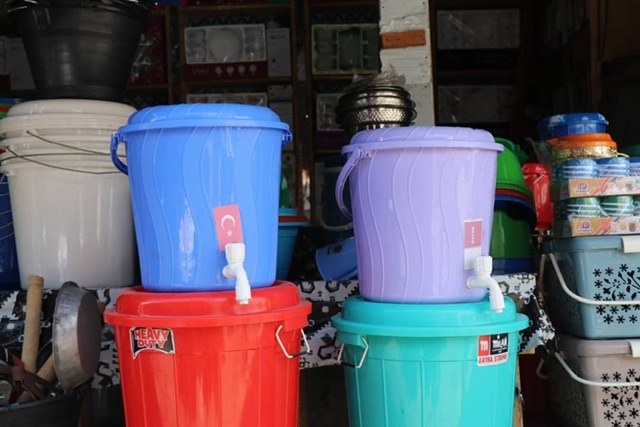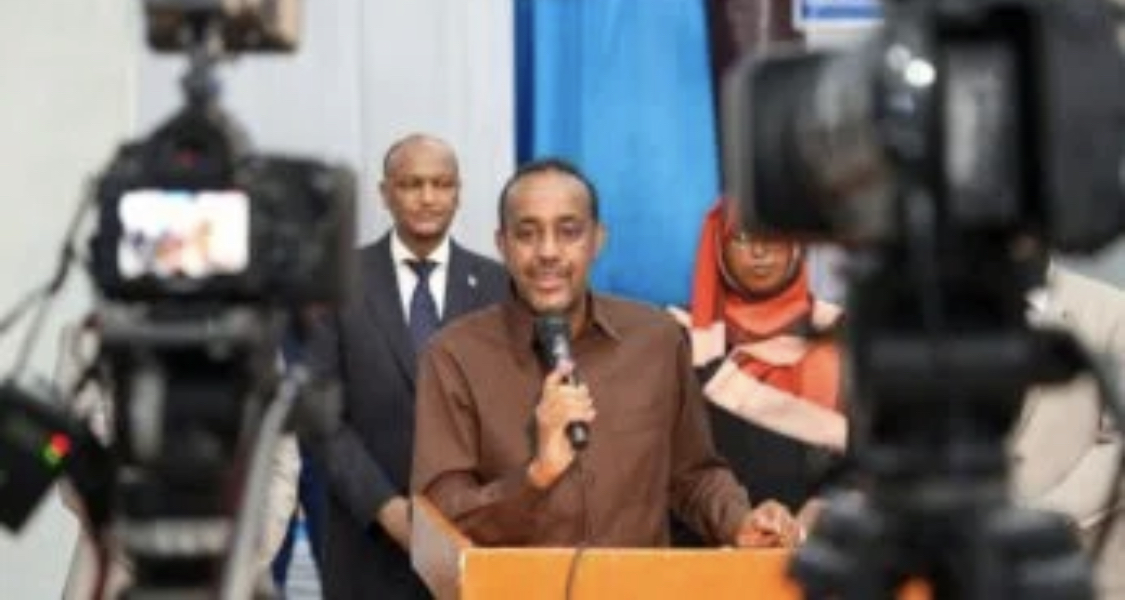Share the post "UN misses deadline to fund new AU mission in Somalia, raising concerns over peacekeeping future.."
The United Nations Security Council has failed to authorize a critical funding framework for the African Union’s new peace mission in Somalia, missing a self-imposed May 15 deadline and casting doubt on the operation’s viability before its scheduled launch…
The African Union Support and Stabilization Mission in Somalia (AUSSOM), slated to replace the AU Transition Mission in Somalia (ATMIS) on July 1, was expected to receive partial funding through a hybrid model established by Security Council Resolution 2719. That framework would allow the UN to finance up to 75% of eligible AU-led operations, with the AU and other donors covering the remaining 25%. However, the implementation of this mechanism depended on the Council adopting a follow-up resolution by May 15 under the terms of Resolution 2767—a deadline that has now passed without action.
The delay has fueled anxiety among African troop-contributing countries and regional security officials. AUSSOM was envisioned as a streamlined successor to ATMIS, tasked with supporting Somali-led stabilization efforts while addressing long-standing concerns over the sustainability and accountability of AU-led missions.
While the AU and UN took steps to reduce AUSSOM’s projected annual budget from $190.2 million to $166.5 million, the mission still faces a substantial funding shortfall. A joint review process—led by independent experts and coordinated by the UN Support Office in Somalia (UNSOS)—identified $124.9 million in cost savings through phased reductions in operational support, staffing, aviation, and equipment. The savings were achieved by freezing troop stipends at $828 monthly, eliminating death and disability insurance from assessed contributions, and shifting mine-clearing work by the UN Mine Action Service (UNMAS) to voluntary funding streams.
Despite these measures, only $14.5 million in extra-budgetary resources have been secured to date—$10 million from the AU Peace Fund and $4.5 million from Japan and South Korea, leaving a $27 million gap in the AU’s 25% cost-share obligation. The AU, which already owes $96 million in unpaid stipends to member states from prior operations, is under growing pressure to secure additional contributions.
Most Council members, including the A3+ group (Algeria, Sierra Leone, Somalia, and Guyana), the European Union, Panama, and the Republic of Korea, supported activating the Resolution 2719 framework. China, Russia, and Pakistan also backed the hybrid model, emphasizing the need for equitable cost-sharing and continued international support for African-led operations.
But the United States remains firmly opposed. Citing concerns about financial transparency and human rights compliance, U.S. lawmakers introduced the AUSSOM Funding Restriction Act of 2025 on May 2, prohibiting any U.S. contributions under the 2719 framework and requiring Washington to block related Security Council actions. While the Biden administration had avoided a direct confrontation over the issue last December, it ultimately left the decision to the incoming Trump administration, which has maintained a hard line.
AU and UN officials had hoped that a hybrid model backed by UN-assessed contributions would help overcome the chronic funding instability that plagued previous missions like AMISOM and ATMIS. Both operations suffered from delayed troop reimbursements, debt burdens, and overreliance on European donors, many of whom have signalled they are no longer willing to underwrite African peace missions alone.
With the Council deadlocked, stakeholders are exploring alternative funding avenues. The European Union has floated a €60 million support package, split between AUSSOM and bilateral security partnerships. Plans are also underway to convene a pledging conference in Doha or London to attract contributions from Gulf and Asian partners.




